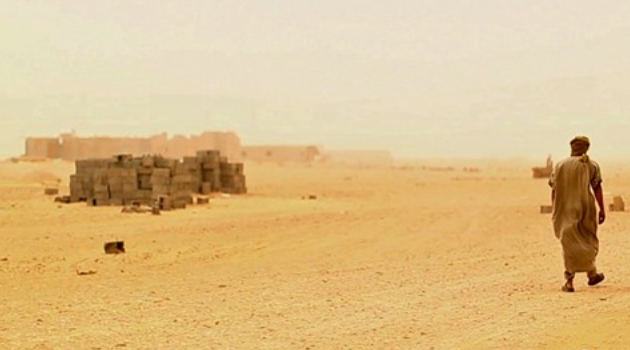Civilian Facilities
On 15 October, airstrikes hit the electricity plant in Derna. The hospital in Zawiya was unable to operate from 28 October, since it was in the direct vicinity of hostilities.
Other Casualties
On 27 October, 10 bodies were found with their hands tied and gunshot wounds in a rubbish dump in the Sheibna neighbourhood of Benghazi, which is under the control of the LNA. This follows another similar incident, in July 2016, in which 14 bodies were found with signs of torture and gunshots in the al-Leithi neighbourhood of Benghazi.
Note
The figures for civilian casualties set out above only include persons killed or injured in the course of hostilities and who were not directly participating in the hostilities. The figures do not include those casualties that are not a direct result of hostilities, for example executions after capture, torture or abductions, or casualties caused as an indirect consequence of hostilities. The figures are based on information UNSMIL has gathered and cross-checked from a broad range of sources in Libya, including human rights defenders, civil society, current and former officials, employees of local governments, community leaders and members, witnesses, others directly affected and media reports. In order to assess the credibility of information obtained, where possible, UNSMIL reviewed documentary information, including medical records, forensic reports and photographic evidence.
The figures are only those that UNSMIL was able to document in the reporting period. They are not likely to be complete and may change as new information emerges about incidents involving civilian casualties that took place during this period.
Similarly, while UNSMIL has systematically tried to ensure that the cases it documented are based on credible information, further verification would be required to attain a higher standard of proof. Due to the security situation, UNSMIL has not been able to carry out direct site visits in Libya to obtain information. Disruption in communications especially in areas controlled by groups pledging allegiance to ISIL and fear of reprisals against sources further hamper information gathering.
While not all actions leading to civilian casualties breach international humanitarian law, UNSMIL reminds all parties to the conflict that they are under an obligation to target only military objectives. Direct attacks on civilians as well as indiscriminate attacks – which do not distinguish between civilians and fighters – are prohibited. Attacks that are expected to cause incidental loss of civilian life, injury to civilians and damage to civilian objects excessive to the anticipated concrete and direct military advantage are also prohibited. Such attacks amount to war crimes that can be prosecuted by the International Criminal Court.
In order to ensure greater protection of the civilian population and essential infrastructure, all parties engaged in fighting in Libya must cease the use of mortars and other indirect weapons and imprecise aerial bombardments in civilian-populated areas, and not place fighters or other military objectives in populated areas. All executions of captives must cease and all those captured including fighters must be treated humanely in all circumstances. Murdering or torturing captives is also a war crime, regardless of what the captive may be accused of.
(Source: UNSMIL)





